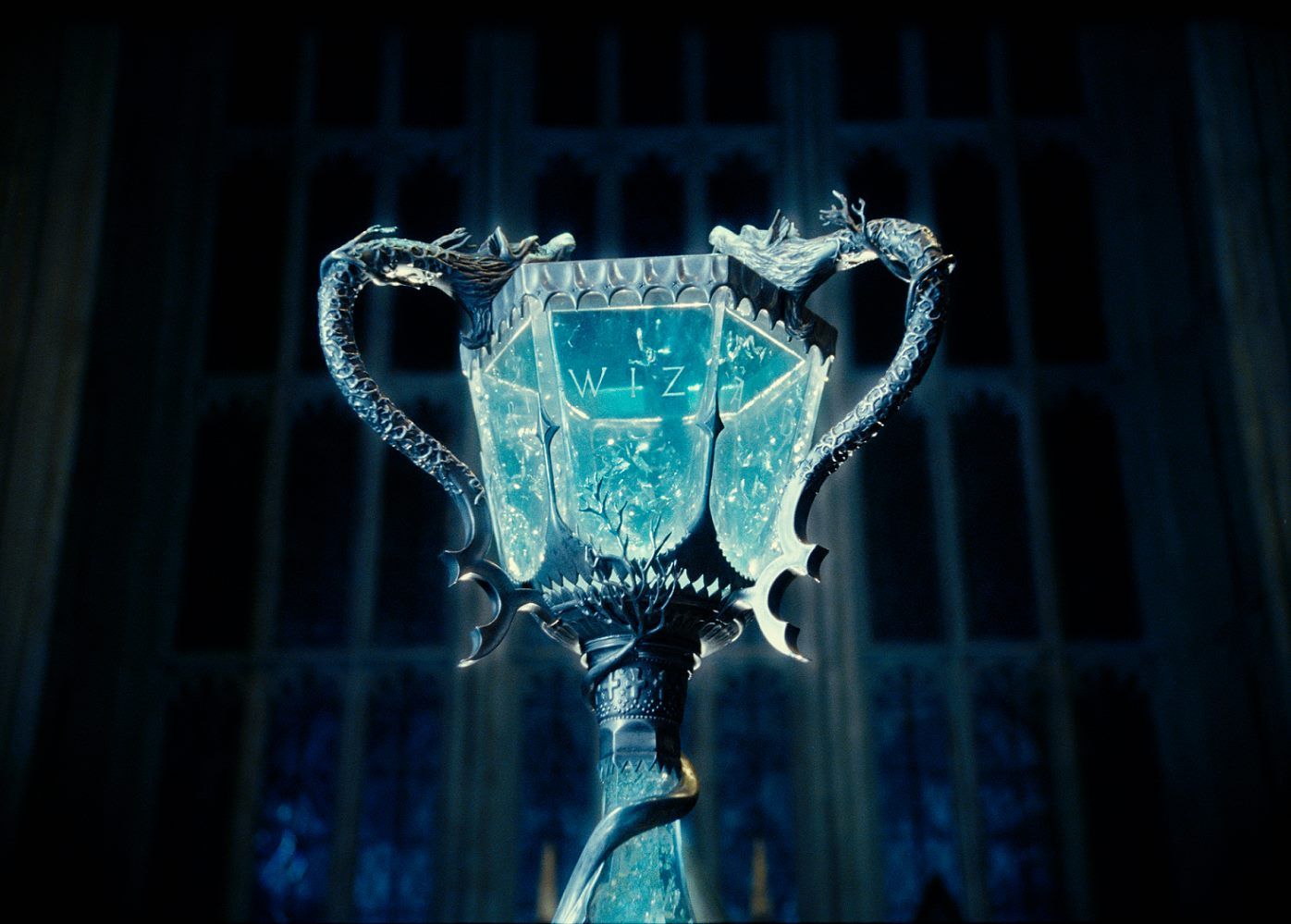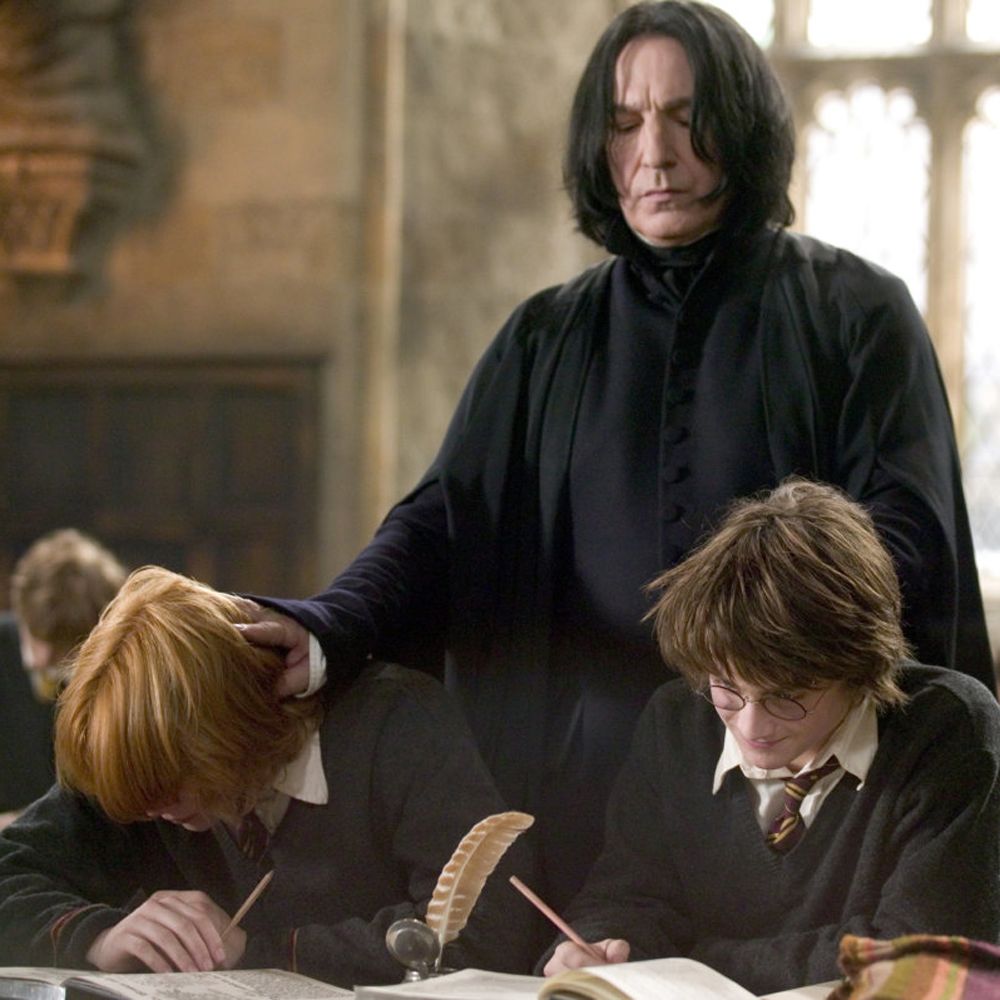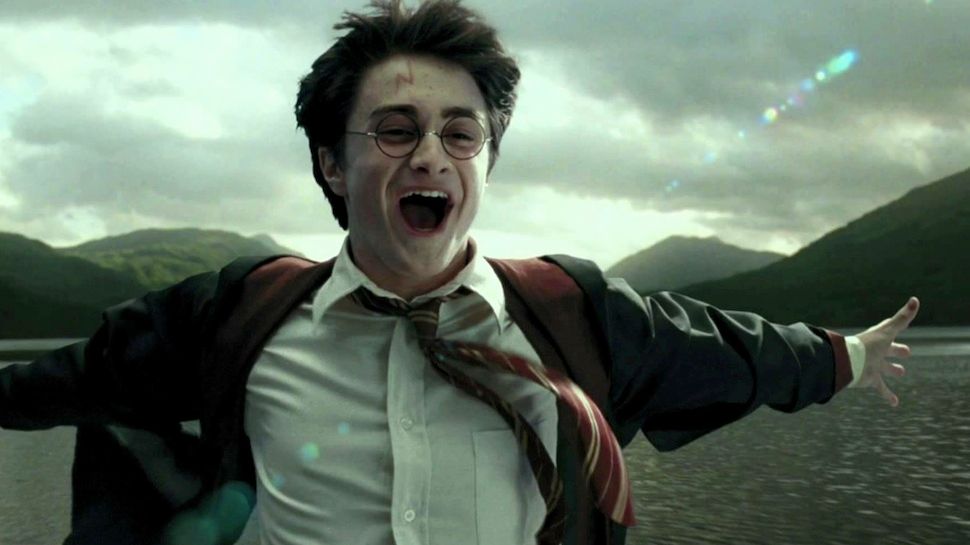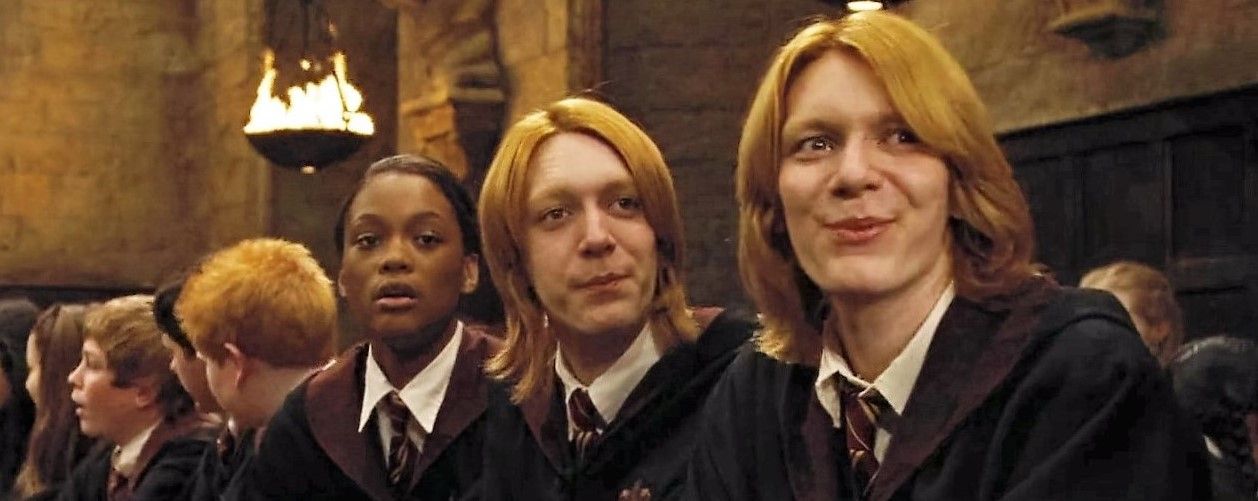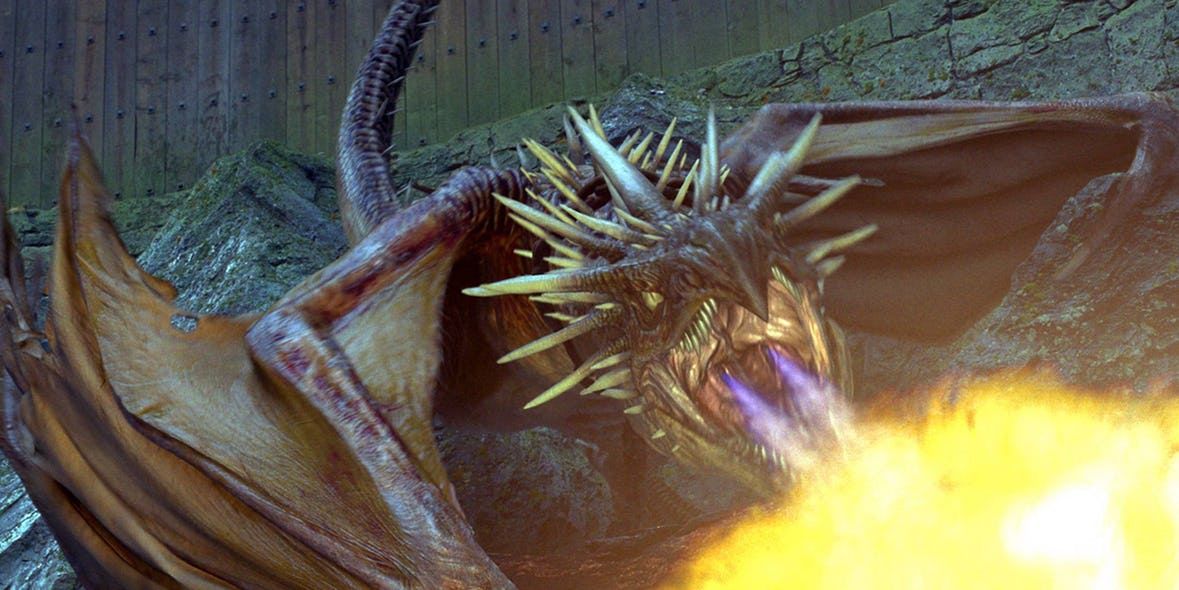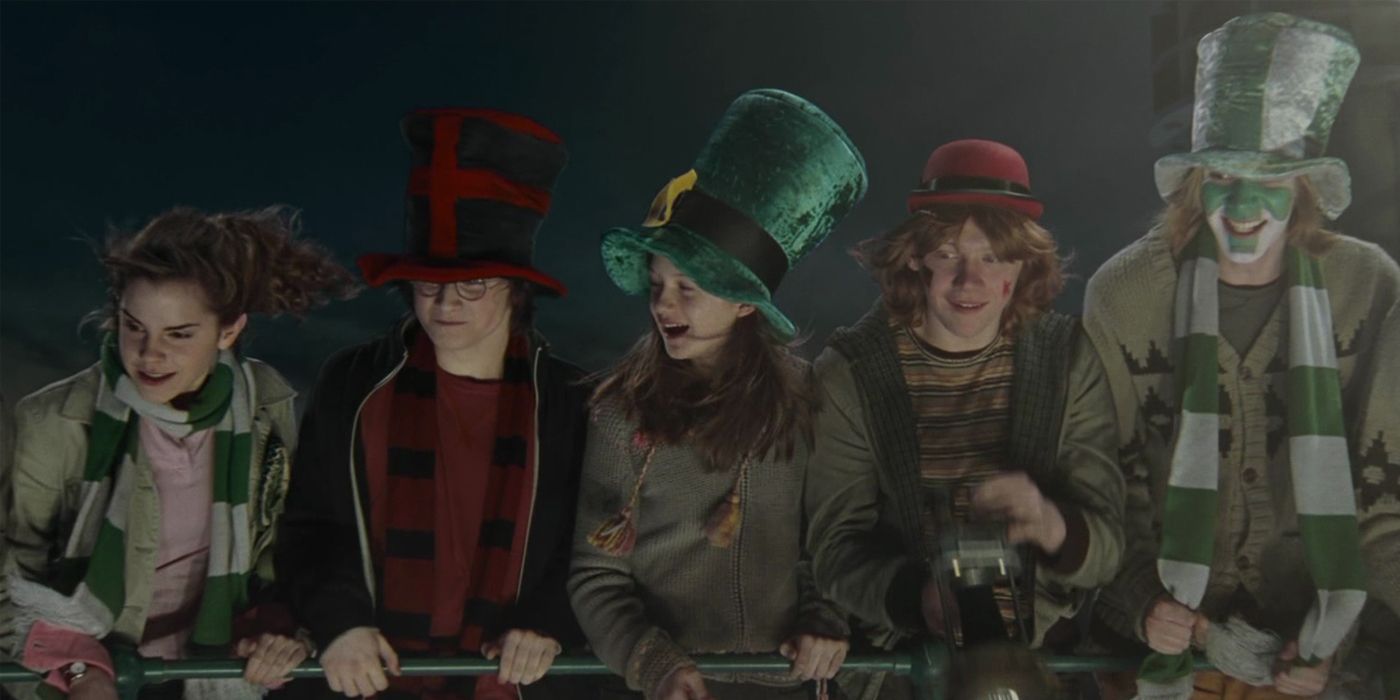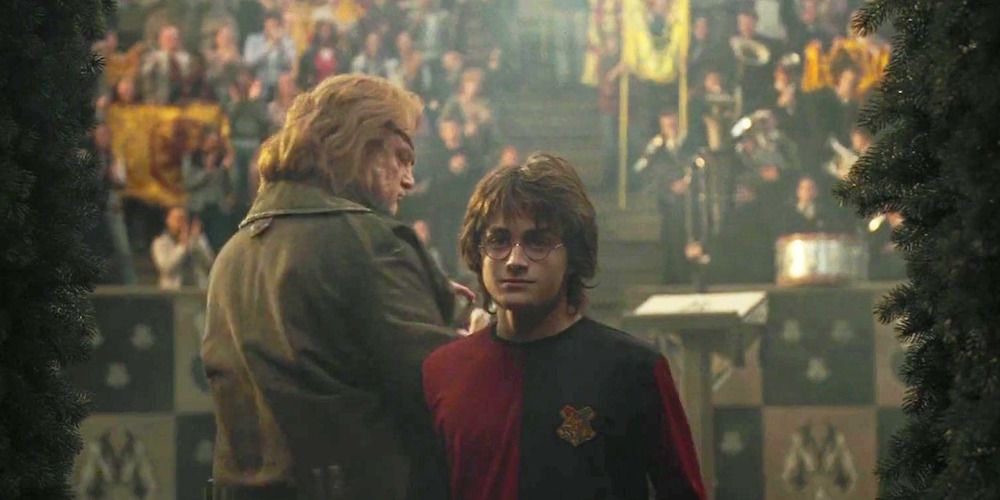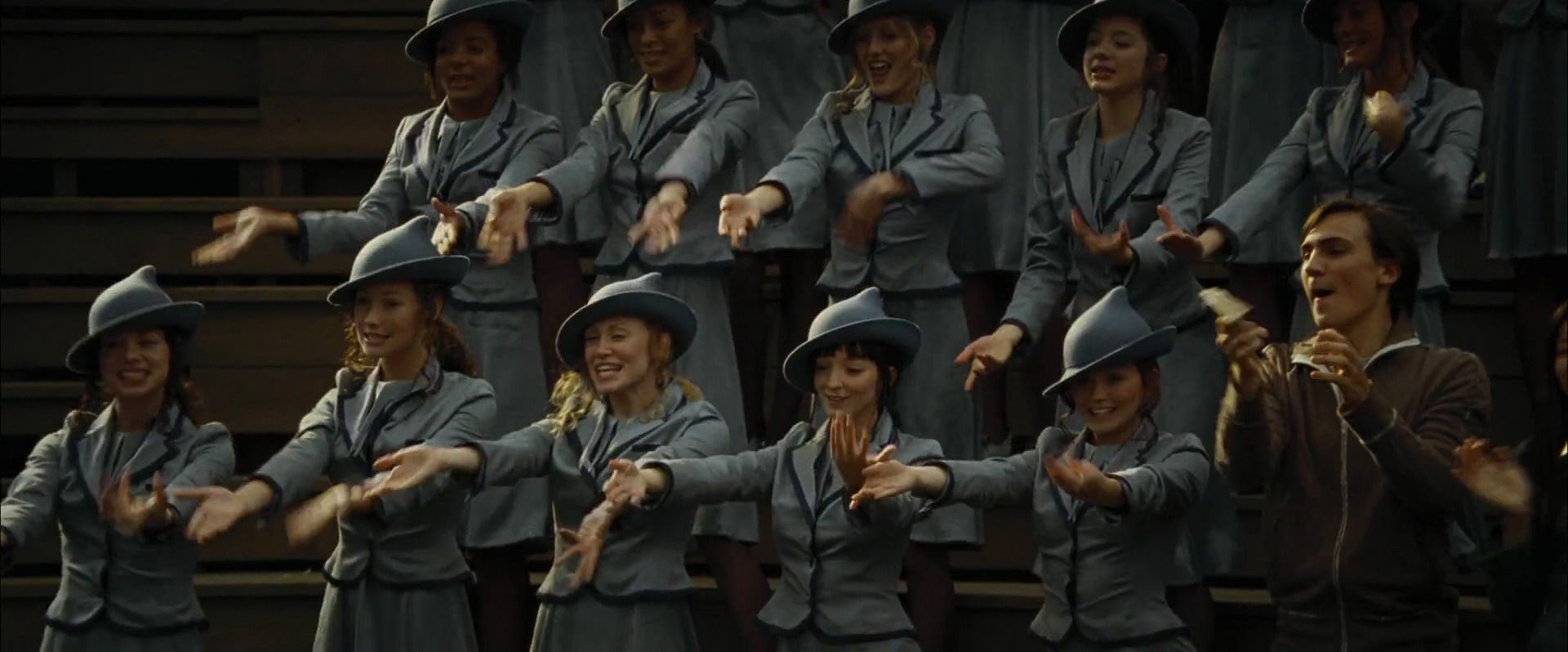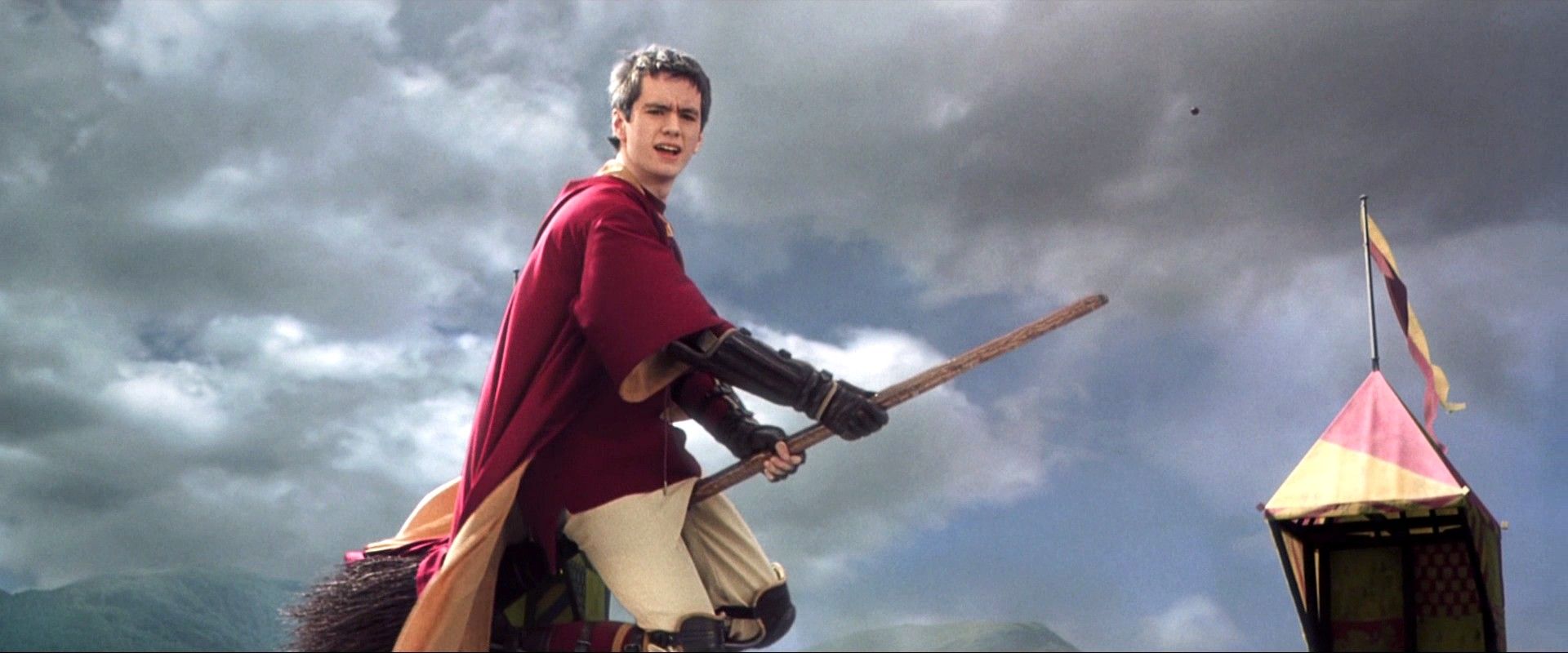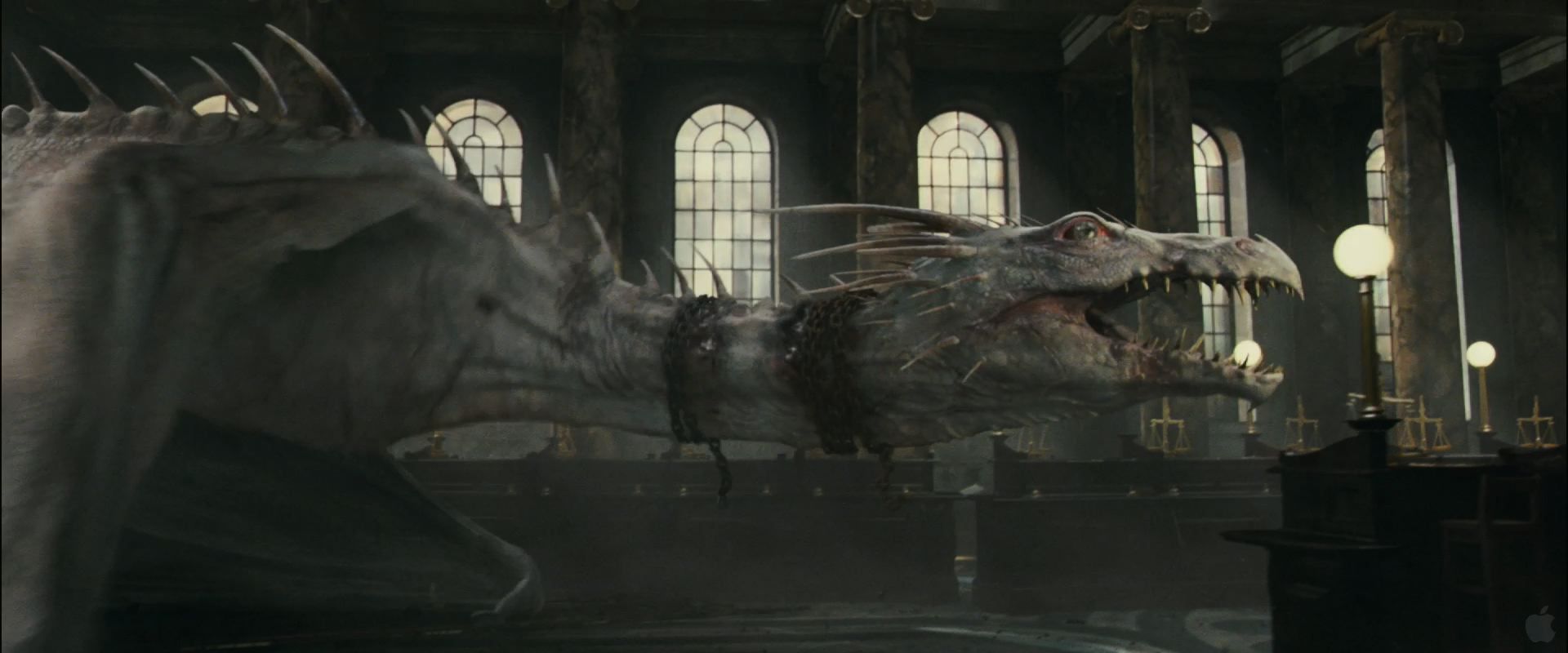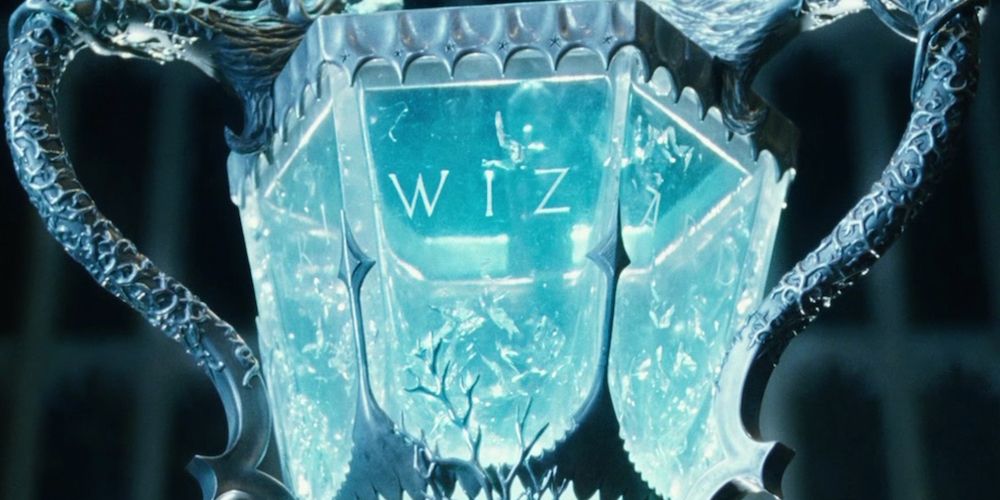A lot of the allure of the Harry Potter world comes from the fact that… well, it’s magical. If we could cook meals, clean entire rooms and such with just a wave of a wand, most of us would jump at the chance like a hungry dog on a dropped sausage.
The trouble with this, though, is that there are all kinds of things that just naturally won’t tie up with the logic of the real world as we know it. Throw in the fact that the Triwizard Tournament of Harry Potter and the Goblet of Fire was the first to be held for a couple of hundred years, and… well, the rules are completely absurd at times.
RELATED: 15 Things You Didn’t Know About The Triwizard Tournament
Do the spectators enjoy staring at the surface of the lake for an hour? What happened to Quidditch (or studying at all, for that matter)? How do you bind somebody to a contract they never signed in the first place? Let’s take a look at some of the stranger aspects of this most exciting of magical contests.
10. A Binding Contract, Huh?
One of the things that dear old Albus Dumbledore makes clear right from the off is this: you’re in the Triwizard Tournament for the long haul. You’ve been warned that it’s dangerous and to sign up at your own risk, and that’s the end of it.
If you step out into the arena and decide that you’d really rather not face that ghastly beast from the depths of Satan’s underworld toilet, that’s just too darn bad.
This doesn’t quite tally with Fleur’s experience with the Grindylows in the lake (after which she withdrew from the task) or the fact that they can get out of danger by giving a signal to the teachers (sending up sparks with their wands).
Nor with the fact that, as Arthur Weasley told his daughter after her experience with Riddle’s diary, you should “never trust anything that can think for itself, if you can’t see where it keeps its brain.” Just who does this uppity Goblet think it is?
9. Isn’t The Age Limit Binding Too?
That’s where things get just a little sticky. Yes, this is a tournament for students who have come of age (seventeen-year-olds, as is the norm in the magical world). As well it should be. All those underaged students who made such a fuss at the news, after all, probably would have changed their minds about wanting to compete if they’d known what they’d be facing.
We also know that, if chosen to compete, those adult students are unable to back out. That’s part of the rules, but so is the age restriction. Why (other than for obvious plot reasons) was Harry, at only fourteen, forced to become a champion too?
What if other younger students had Wingardium Leviosa-d their names into the Goblet? Surely someone else would have thought of entering their name under another school, so as to be the only candidate? What would have happened there? What?
8. What If Harry Just… Hadn’t Competed?
Now, I don’t know about you, but when I was fourteen, I wasn’t really up to battling a fully-grown angry dragon on a broomstick (me on the broom, not the dragon, because that would be crazy). Heck, I could barely skateboard at that age.
If I’d been put in his precarious position, there’s no darn way I’d have competed in the tournament. Which begs another interesting question: what if you refuse to? There must be so much more than honor involved here. They say it’s a ‘binding magical contract,’ but what sort? Do you perish if you break it, like an Unbreakable Vow?
Maybe the Goblet of Fire slaps you with a lawsuit or something.
7. Wait, Did You Say ‘Dragons’?
Right from the off, Harry Potter and the Sorcerer’s Stone makes it very clear that Hogwarts takes a pretty darn lax attitude towards security.
There’s a Whomping Willow (a tree that will try to squash you flat if you approach it) and a forest full of all kinds of nightmarish creatures right there on the grounds. There was a gigantic three-headed dog in a corridor, behind a locked door that any first-year could casually Alohomora their way through. These things are all kinds of uncool.
While seventeen-year-olds are adult students in the advanced stages of their schooling, sending them out alone to deal with a dragon (powerfully magical creatures that it takes several experienced trainers working in unison to even stun) might also be pushing things just a smidge.
In the books, you’ll also remember, there’s also a sphinx and all sorts in the maze from the third task.
6. Move Along Folks, Nothing To See Here
The first task of the tournament would be as exciting as any match of…. well, just about anything. How many rampaging dragons do you see at an average basketball game? None, that’s how many.
After that, though, things went downhill darn rapidly for the spectators. After the champions vanished below the surface of the lake in the second task, or entered the maze in the third, they couldn’t see a thing from the stands. They disappeared for a super long time, too.
RELATED: 8 Weird Rules Competitors Of The Triwizard Tournament Had To Follow
This isn’t strictly a Triwizard Tournament thing (think of those who sit in the stands at the finish line of a long race, for instance), and there’s a lot of anticipation, but… that’s all there is.
5. Why Reinstate The Tournament In The First Place?
Fans of the book will know that the Triwizard Tournament that Harry takes part in was the first one to be held for over two hundred years. The 1792 event was such a disaster (the headmasters of all three schools, as judges, were injured by a cockatrice during a task) that the tournament took a very, very, long hiatus.
The super-violent contest was clearly a product of its time, an old tradition, so who exactly thought that it would be appropriate in 1994? Come on, Dumbledore, we know you’re a little eccentric (and we’ve already snarked on Hogwarts’ questionable approach to security), but let’s think things through a little.
4. What about the Students (And That Whole School Year)?
Needless to say, when three separate magical schools are involved in the tournament, journeys have to be made. Delegations from Durmstrang and Beauxbatons come to Hogwarts, both as candidates and to support their eventual champion.
Which is all totally fine. The issue is, what happens with their year’s schooling as a result? Speaking of which, how is it that the Hogwarts champion(s) is(/are) exempt from end-of-year exams? Do they take them at a later date, or maybe, the tasks (which test their magical abilities in every possible way) are counted as their ‘exams?’ It’s one of those things we just have to allow, for the sake of narrative flow.
3. Heck, What About Quidditch?
So, yes. As we’ve seen, the Triwizard Tournament makes quite a mess of the school year. As a spectacle and plot device, it’s pretty darn neat, but it’s incredibly impractical.
Not only are all three schools going to experience a wonky timetable (what are the Durmstrang and Beauxbatons students doing while they’re at Hogwarts? Are they being taught or not? That’s what I’d like to know), but there’s no Quidditch tournament during the Triwizard year.
Considering that there are only three tasks, spread throughout the school year, it probably wouldn’t have been much of an issue to keep Quidditch going as well. That seems to be more for the convenience of the book’s narrative than anything else.
2. Where’s PETA When You Need Them?
As I think we’ve established, setting dragons on newly-qualified witches and wizards is just a little on the harsh side. This was probably just a shade or two above the ‘danger’ level the applicants were expecting.
Never mind the champions themselves, though. Imagine how those poor old dragons would’ve been feeling. There was no Goblet of Fire for them to drop their applications into with their scaly claws, was there? They didn’t sign up for this. They were just tormented (Viktor Krum’s dragon broke a lot of its own eggs, stamping around in pain after he’d hit it in its vulnerable eye with a spell) for entertainment’s sake.
Who came up with these tasks?
1. When All’s Said And Done, The Rules Really Don’t Matter
There we are, then. A lot of the rules that govern this super-dangerous tournament are pretty arbitrary, for the most part. There are things that don’t really work out, possible oversights on JK Rowling’s part, and a lot that just plain doesn’t make sense.
Take the dragon incident, where Hagrid took Harry to their clearing to show him what he’d be up against in the task. Madame Maxime also sees the creatures, and Karkaroff was also lurking about (so, presumably, he did too).
Why do the other headmasters think this is okay? The fake Moody puts it best: “Cheating's a traditional part of the Triwizard Tournament and always has been.”
So… but… I need to go and lay down.

